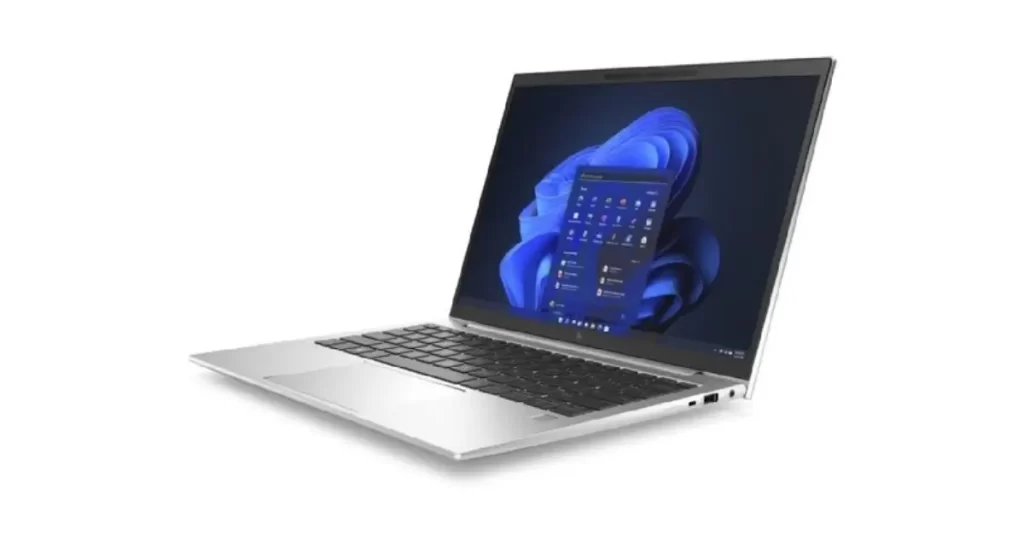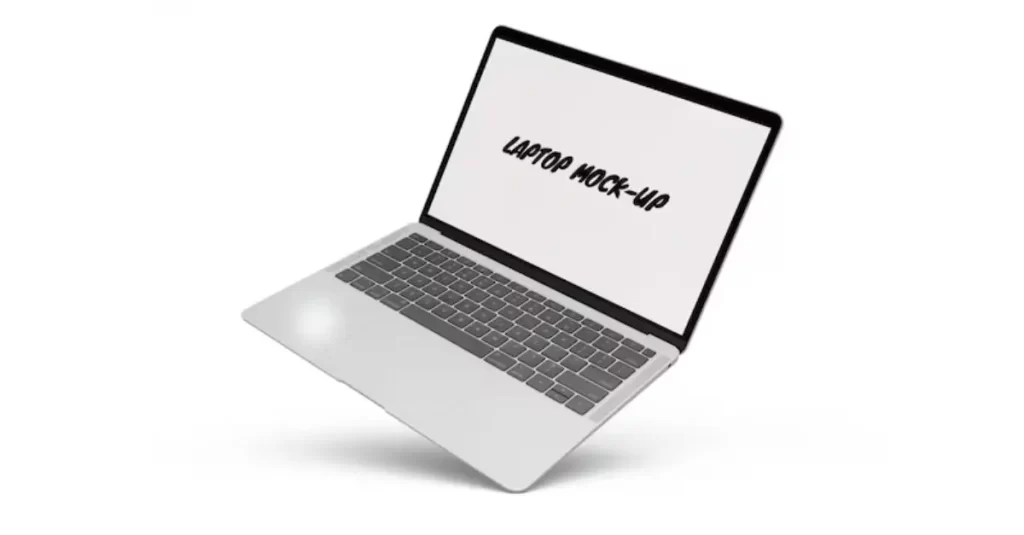Table of Content
Many users are faced with buying either a laptop or a notebook while looking for a highly portable yet efficient computer. Portable devices, including laptops, have come a long way, and many different types of options are available in the market right now. Most people get confused between a laptop and a notebook as both options look very similar and are available at nearly the same price range.
As technology and computing have advanced, users are also increasingly exposed to many new and innovative products and devices.
What is a Laptop?
A laptop is the first iteration of a portable desktop computer. These devices are mostly as powerful as desktop computers and powered by similar types of hardware specifications. You will be able to perform almost all of the tasks on a laptop that you can perform on a similarly powerful desktop computer.
Because of the hardware specifications, laptops are generally thicker in comparison and weigh considerably heavier than other options. Laptops also feature additional connectivity options such as CD drives, DVD drives, disc burners, and other peripherals, making it a perfect standalone device.

What is a Notebook?
A notebook is basically a modern version of portable computers or laptops that are significantly compact in terms of form factor and features a rich performance for the price range. As the name suggests, notebooks are typically offered with a size aspect of a physical notebook which makes it an ideal option for outdoor usage.
Notebooks are packed with only essential hardware and come with limited specifications, making them ideal for productivity and entertainment-based services. Although, you might need a dedicated desktop computer or an additional working platform for heavy tasks. Notebooks are significantly lighter than laptops and consume less power than laptops.

Key Similarities:
- Portability: Both notebooks and laptops are designed with portability in mind. Their compact form factors allow users to carry them easily, making them ideal for on-the-go computing.
- Functionality: Notebooks and laptops share similar functionalities. They run operating systems like Windows, macOS, or Linux and are capable of handling a wide range of tasks, from word processing to multimedia editing.
- Components: Internally, notebooks and laptops use the same basic components, including processors, memory, storage devices, and displays. The specifications and performance can vary widely based on the intended use of the device.
The Future Landscape:
As technology evolves, the lines between different types of portable computers continue to blur. With the rise of 2-in-1 devices that can function as both laptops and tablets and the emergence of ultra-portable options like Chromebooks, the choice of terminology may become less significant than the specific features and capabilities of the device.
Notebook vs Laptop: A Quick Comparison
Here’s a table summarizing the similarities and differences between notebooks and laptops:
| Feature | Laptop | Notebook |
|---|---|---|
| Size and Portability | Typically larger and heavier | Compact and lightweight |
| Usage | General-purpose computing | Portable and designed for on-the-go use |
| Performance | Higher-end configurations are available | Mid-range performance |
| Battery Life | Varied, can range from short to long | Generally designed for longer battery life |
| Features | May include optical drives, more ports | Limited ports, no optical drive |
| Price | Wider price range, including high-end models | Generally more affordable |
| Design | Can have a thicker and bulkier design | Sleek and slim design |
| Usage Environment | Suitable for both home and office use | Ideal for mobile professionals and students |
| Upgradability | Some models allow for upgrades | Limited upgradability |
| Typical Use Cases | Gaming, heavy-duty tasks, multimedia editing | Business tasks, web browsing, light computing |
Conclusion
We hope that choosing between a laptop and a notebook does not seem as hard right now as it did before reading our article.
In conclusion, the terms notebook and laptop are often used interchangeably to refer to portable computers that are designed for mobility and convenience. However, there are some subtle differences between the two.
Notebooks are typically smaller and lighter than laptops and are optimized for portability. They may have fewer features and less powerful hardware compared to laptops. On the other hand, laptops are larger and more powerful and are designed for more demanding tasks such as gaming or video editing.
Ultimately, the choice between a notebook and a laptop depends on the user’s needs and preferences. If portability is a top priority, a notebook may be the better choice, while those who require more power and features may prefer a laptop.
FAQs
-
Is there a difference between a notebook and a laptop?
While the terms are often used interchangeably, there are some subtle differences between notebooks and laptops. Notebooks are typically smaller and lighter than laptops and are optimized for portability, while laptops are larger and more powerful.
-
Are notebooks less powerful than laptops?
Notebooks may have less powerful hardware compared to laptops, but they are still capable of handling basic computing tasks such as web browsing, word processing, and email.
-
Which is better for travel, a notebook or a laptop?
If you’re traveling frequently and need a computer that’s easy to carry around, a notebook may be the better choice. However, if you’re going to be working on more complex projects or need a more powerful computer, a laptop may be a better option.
-
Are notebooks cheaper than laptops?
Not necessarily. The price of a notebook or a laptop depends on the specific model and its features. Notebooks may be cheaper than some laptops, but there are also high-end notebooks that can be more expensive than entry-level laptops.
-
Can I upgrade the hardware on a notebook or laptop?
It depends on the specific model. Some notebooks and laptops allow you to upgrade the RAM, storage, or other components, while others are not designed for upgrades. You should check the manufacturer’s specifications to determine whether a particular model can be upgraded.
You May Interested In:
List of Upcoming Mobiles in India for 2023: Features & Full Specifications
Top 10 Best Electric Scooters in India
I envy your work, thanks for all the useful content.